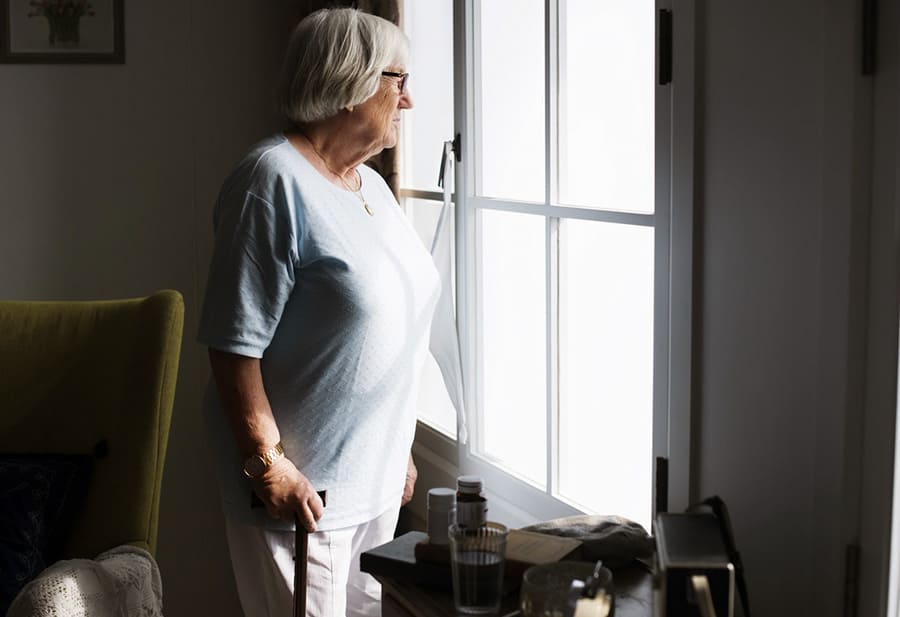Government launches consultation on implementation of act for disabled people to easily request adaptations
The UK Government has launched a consultation to gather views from councils, disabled people, and landlords to inform regulations and guidance about disabled people requesting adaptations to common parts of let residential premises.
The 10-week consultation revolves around the commencement and implementation of the remaining parts of section 36 of the Equality Act 2010. It would require landlords to make reasonable adjustments to common parts of let properties when asked to by a disabled person.
Entitled ‘Improving disabled people’s access to let residential premises: reasonable adjustments to common parts, a new duty’, the aim of this consultation is to gather views on how implementation should be regulated, and what the accompanying guidance should cover to help both landlords and disabled tenants.
The UK Government has already committed to commence the remaining parts of section 36 of the Act and its associated schedules. These will place a duty on landlords in England and Wales (the equivalent provision for Scotland is already in force) to make or facilitate reasonable adjustments to the common parts of residential property, where a disabled resident requests this.
Common parts include outside areas, entrances, hallways, landings and stairwells, according to the government.
Disabled people can already make such requests, but there is currently no legal duty on the landlord to make reasonable adjustments to common parts.
Most of section 36 has already commenced and imposes a duty on landlords/commonhold associations to permit and facilitate reasonable adjustments, on request, from disabled tenants, to their private dwellings.
When commenced, section 36(1)(d) will extend this duty to common parts of a residential property, effectively giving disabled tenants, leaseholders and anyone else entitled to reside at the premises the legal right to require landlords to make reasonable adjustments to the common parts of their flats. This includes, for instance, a wheelchair ramp at an entrance, improved lighting, or rails in hallways and stairwells.
This new right would apply in all non-freehold housing sectors – leasehold-owned, the private rented sector, and housing provided by local authorities and housing associations, where the premises has common parts, subject to certain exceptions.
Only tenants/occupants meeting the Act’s definition of disability will benefit from the new protection, which is those with a physical or mental impairment that has a ‘substantial’ and ‘long-term’ negative effect on their ability to do normal daily activities.
To minimise burdens on landlords/commonhold associations, the legislation makes clear that the landlord can insist, prior to an agreement, that the tenant funds any adjustment agreed as reasonable by the landlord, along with reasonable maintenance costs and, potentially, the cost of removal and restoration of the building upon vacating the property.
Prior to commencement, regulations will be needed to set out the detail for how the new arrangements will work. The government also proposes that guidance be drafted to assist both landlords and disabled people to understand their respective rights and obligations.



